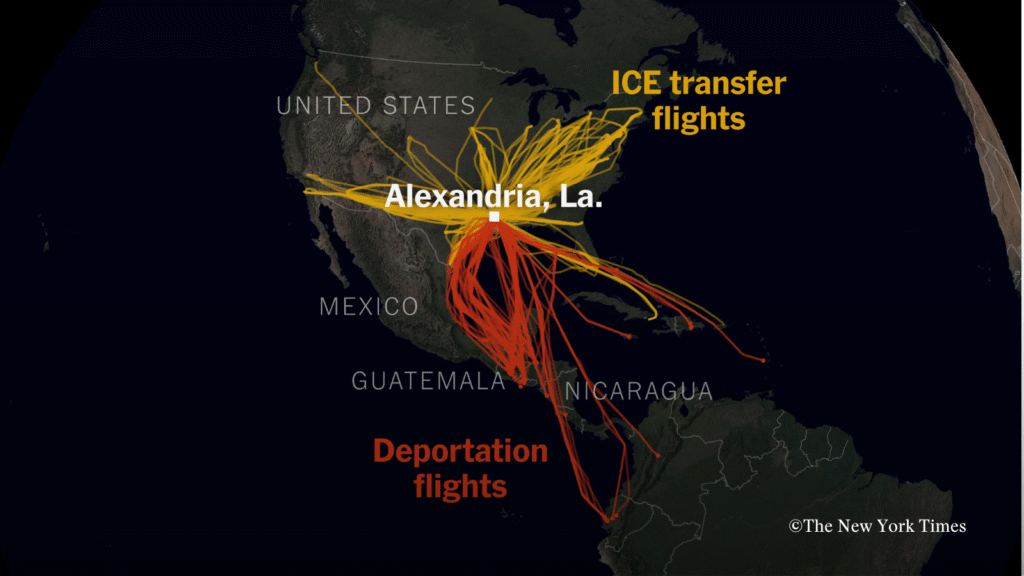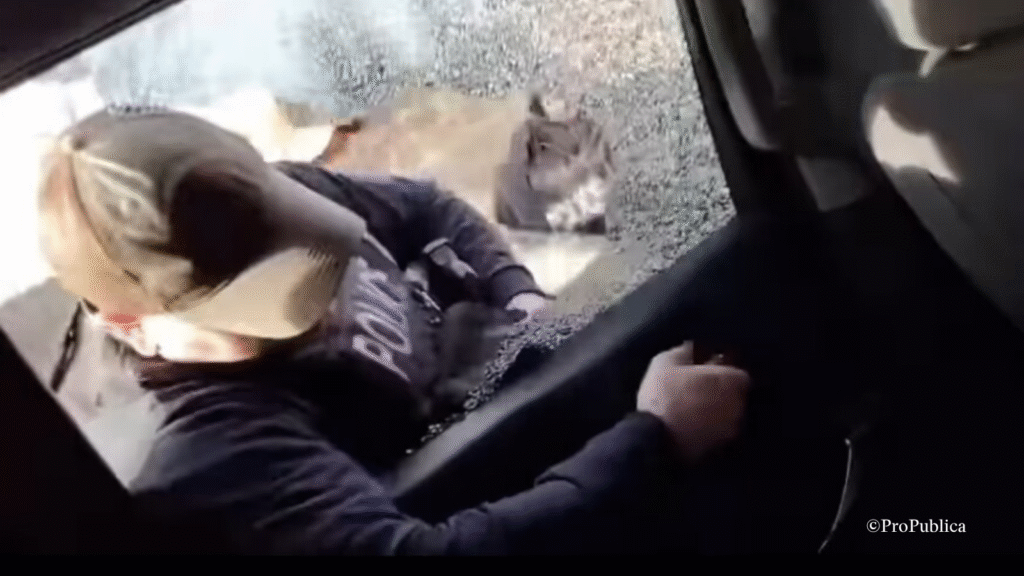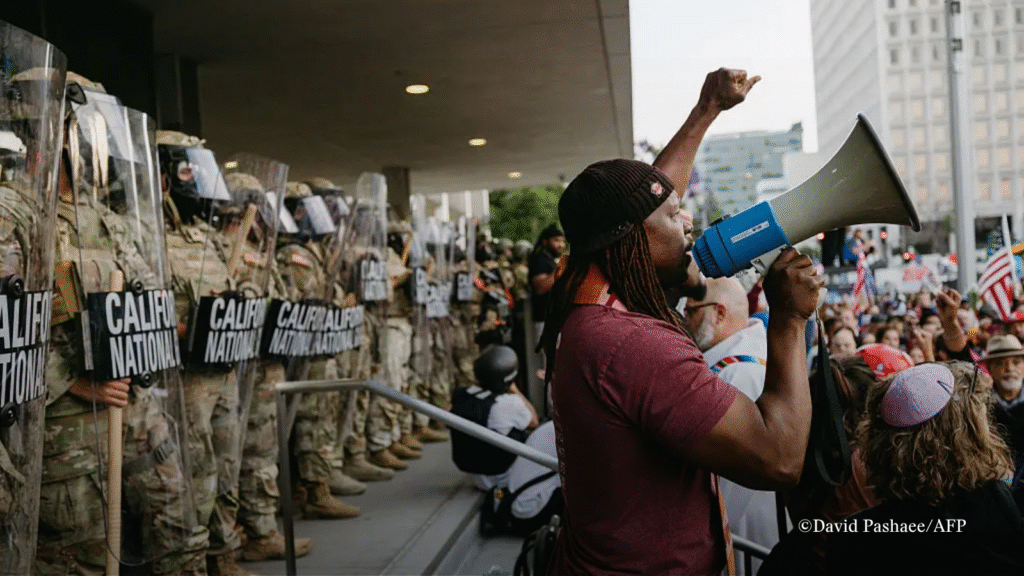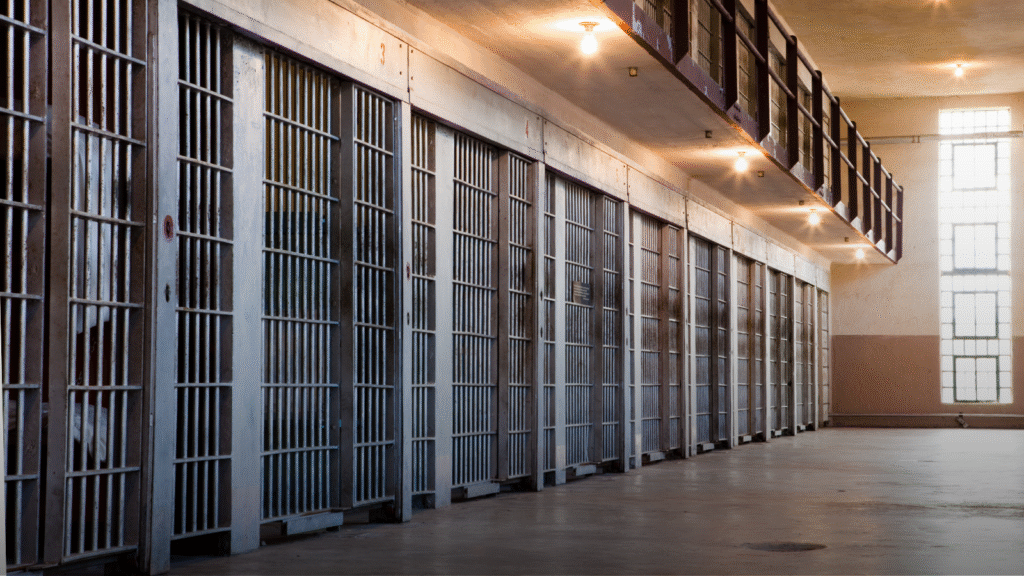
How Louisiana Built Trump’s Busiest Deportation Hub
ICE wants to make immigration enforcement as efficient as FedEx or Amazon. Louisiana was poised for this moment. Since the beginning of the second Trump administration, more than 21,000 people taken into custody by U.S. Immigration and Customs Enforcement agents have passed through the Alexandria detention facility. More deportation flights have taken off from there than from any other place in the United States, and more domestic ICE flights have passed through there than anywhere else, according to a widely cited database of ICE flights.

“We’ll Smash the Fucking Window Out and Drag Him Out”
A month into the new Trump administration, on the predawn streets of suburban Maryland, a high-ranking ICE official stood alongside a Mazda sedan that his officers had just stopped. The official told a local TV reporter at the scene what was about to happen. “He can either give us a license,” he said, “or we’ll smash the fucking window out and drag him out.” Then, as the driver refused to exit the car, officers broke the glass. It was one of nearly 50 documented instances of immigration agents breaking vehicle windows that ProPublica has identified from social media, local news accounts, lawsuits and interviews since President Donald Trump took office six months ago. Use-of-force experts and former Immigration and Customs Enforcement insiders say the tactic was rarely used during previous administrations. They say there is no known policy change greenlighting agents’ smashing of windows. Rather, it’s a part of a broader shattering of norms.

U.S. Highlighted on International Human Rights Watchlist for ‘Sustained Attacks on Civil Freedoms’ Under Trump
The U.S. has again been highlighted on a watchlist maintained by global alliance CIVICUS to draw attention to serious concerns regarding the exercise of civic liberties in various countries, with the organization pointing to “sustained attacks on civil freedoms” in the first six months of President Donald Trump’s second term.

The hidden bill of incarceration: How Black women bear the brunt of ‘pay-to-stay’ policies
Did you know that nearly all states allow jails and prisons to charge incarcerated people for things like room and board and medical care? It is a financial cost that is often passed on to families and loved ones, and is especially harmful for Black families. While these fees are supposed to be taken directly from incarcerated people’s wages, most adults working in these facilities make less than $1 a day. As a result, these balances grow, and that debt is either carried over into incarcerated people’s lives after release or passed onto their loved ones.

